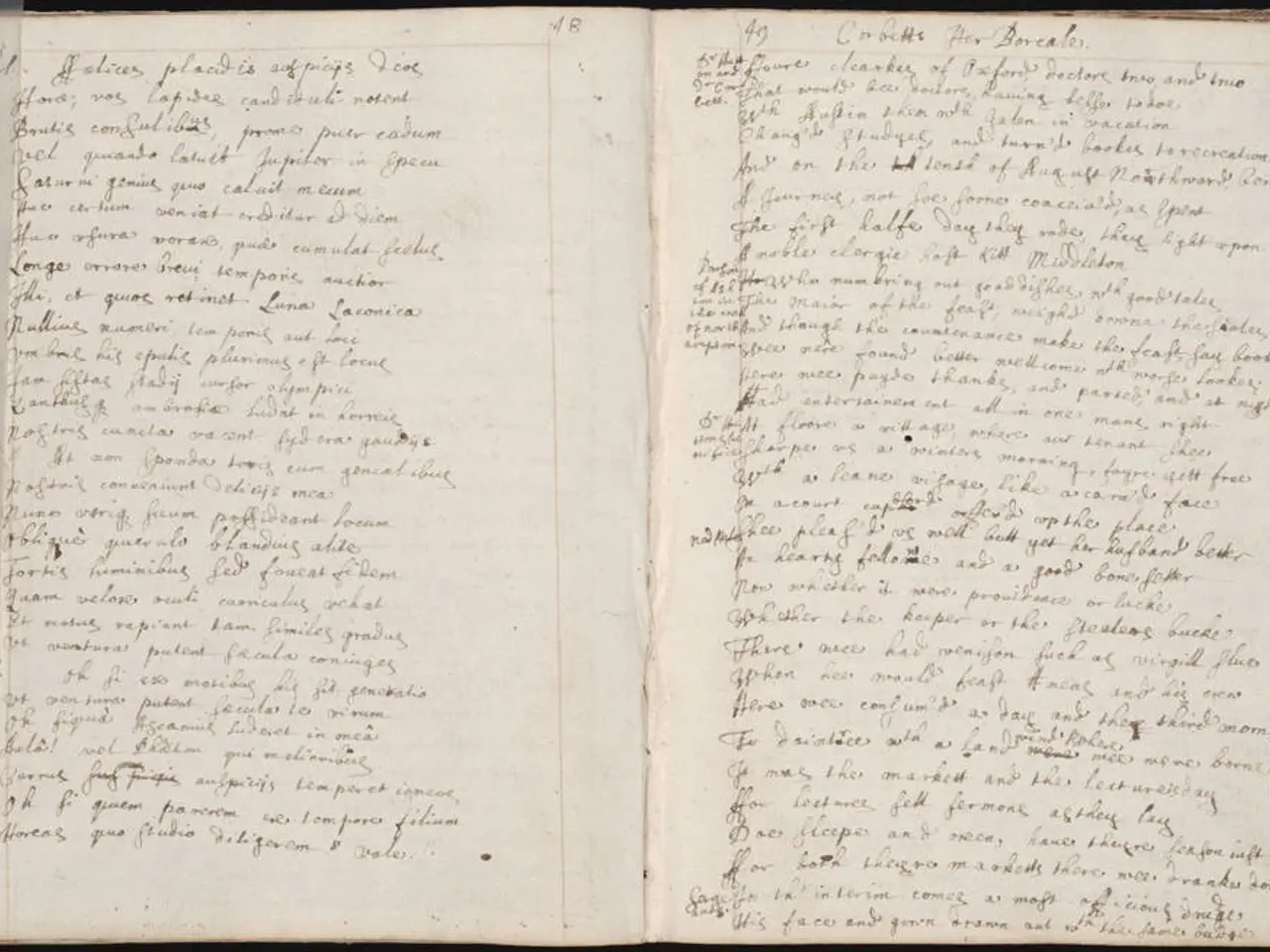Emphasis on Asia: Better Delayed Than Never Missed Out
Vietnam is set to revolutionise its land-based gaming industry by expanding local access to casinos through an entry fee system, following in the footsteps of Singapore and Malaysia. The new system proposes a $95 daily or periodic casino entry fee for locals, aiming to simplify compliance, increase revenue, and enhance regulatory oversight.
Key aspects of this enhanced local gaming policy include the introduction of a mandatory player ID card system, linking casino activity to personal identity for both locals and foreigners. This move is expected to improve data control, anti-money laundering (AML), and monitoring capabilities. Casinos will also be required to implement 24/7 video surveillance, strengthening regulatory compliance and player protections.
The Vietnamese Politburo has approved these reforms "in principle," and the policy is currently under formal consultation before full regulatory adoption. Economists and policy experts support loosening restrictions, noting that the current bans encourage locals to gamble abroad and that expanded access domestically would improve oversight, curb illegal gambling, and increase state revenues.
There is also discussion about making these reforms nationwide with pilot programs lasting up to five years and possibly establishing a dedicated casino regulatory body under the Ministry of Finance to oversee the enhanced local gaming regime.
Currently, nine licensed casinos exist in Vietnam, including three large integrated resorts. Notably, one of the casinos named to take part in the pilot program has not been built yet. Another casino, Corona Resort & Casino, is remotely located on Phu Quoc Island in an area already favored by tourists over locals.
The Hoiana Resort & Golf near Hoi An is looking for the "locals spark" after its original vision as a destination for Chinese high-rollers was impeded by the collapse of the Macau junket industry. The potential for Vietnam's land-based gaming industry to become a powerhouse jurisdiction, alongside Macau, the Philippines, and Singapore, remains.
The reality of Vietnam's pilot program is that it was never given a real chance to succeed. Developers have invested upwards of US$2 billion each in Vietnam, hoping for eventual unfettered casino entry for locals. However, the "build it and they will come" strategy has not yet worked in Vietnam.
Opening the door to locals in Vietnam could potentially be a turning point for the land-based gaming industry. MGM Resorts' Ho Tram property, part of their global expansion plans, remains one of the most visually appealing casinos in Asia, although not yet the most populated. Ho Tram is located around two hours by car outside Ho Chi Minh City.
Rumblings of a possible policy change from the authorities suggest that Vietnam is moving towards a more open, regulated, and economically significant local gaming market. The nature of this supposed policy change is not yet clear - it could be a pilot period for select operators or something more substantial.
The government's policy towards gambling has been described as "two steps forward, one step back," with true progress being constrained by concerns over societal dangers posed by gambling. However, with these proposed reforms, Vietnam is taking a significant step forward in its gaming industry, aiming to balance revenue growth with social safeguards.
[1] Nguyen, T. (2021). Vietnam set to open casino doors to locals. Nikkei Asia. Retrieved from https://asia.nikkei.com/Business/Retail/Vietnam-set-to-open-casino-doors-to-locals
[2] Tran, L. (2021). Vietnam's casino industry may finally get a boost. South China Morning Post. Retrieved from https://www.scmp.com/week-asia/economics/article/3136997/vietnams-casino-industry-may-finally-get-boost
[3] Pham, D. (2021). Vietnam's gaming industry: A sleeping giant awakens? Asia Gaming Brief. Retrieved from https://www.agbrief.com/vietnams-gaming-industry-a-sleeping-giant-awakens/
[4] Ho, T. (2017). Vietnam to trial casino gambling for locals. Al Jazeera. Retrieved from https://www.aljazeera.com/news/2017/02/vietnam-trial-casino-gambling-locals-170209094913935.html
[5] Le, T. (2020). Vietnam's casino industry: A tale of two steps forward, one step back. Asia Times. Retrieved from https://asiatimes.com/2020/02/vietnams-casino-industry-a-tale-of-two-steps-forward-one-step-back/
- The proposed reforms in Vietnam's gaming industry aim to establish a more open, regulated, and economically significant local market, potentially attracting big players like MGM Resorts.
- The introduction of a mandatory player ID card system, 24/7 video surveillance, and a possible casino regulatory body under the Ministry of Finance are key aspects of the new policy, aimed at improving data control, anti-money laundering efforts, and regulatory oversight in the casino-and-gambling sector.




